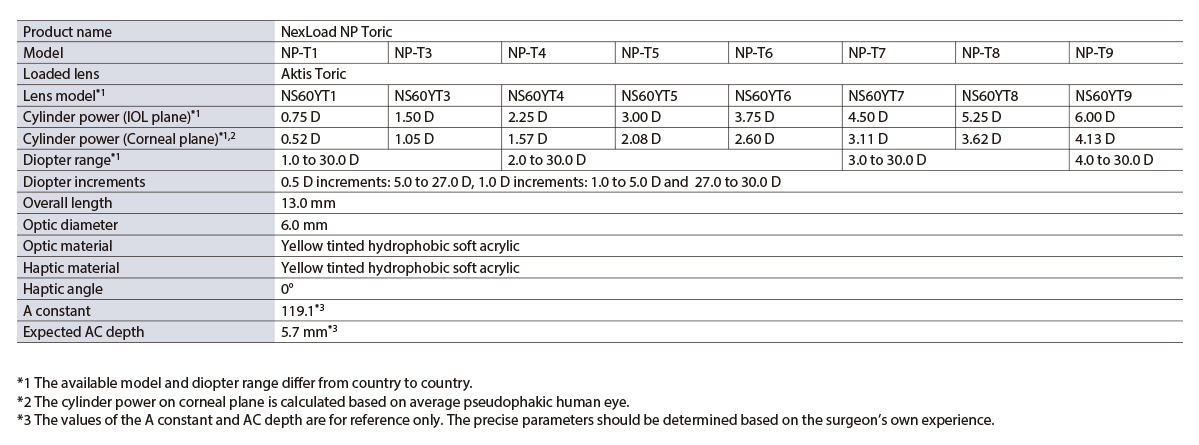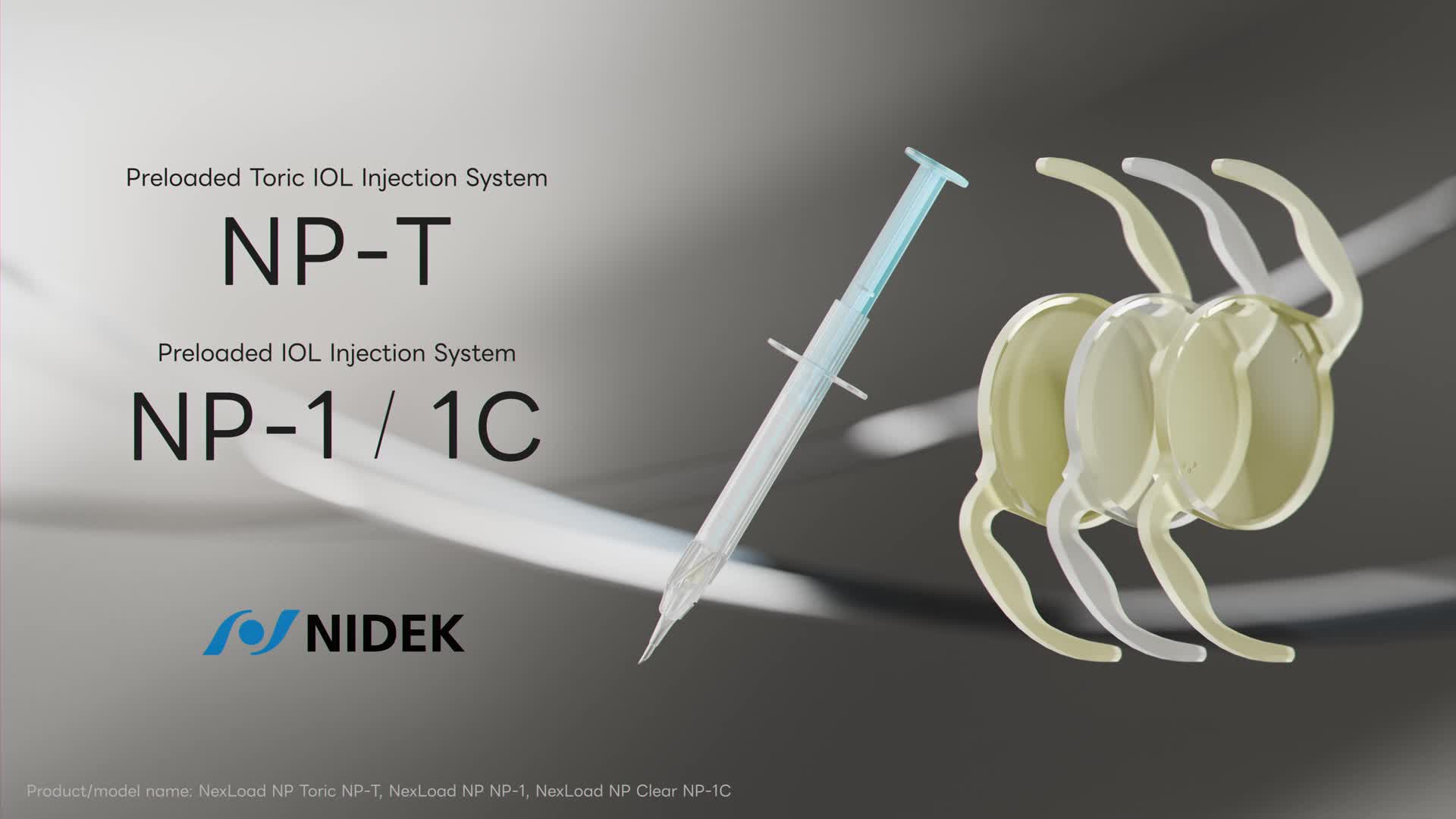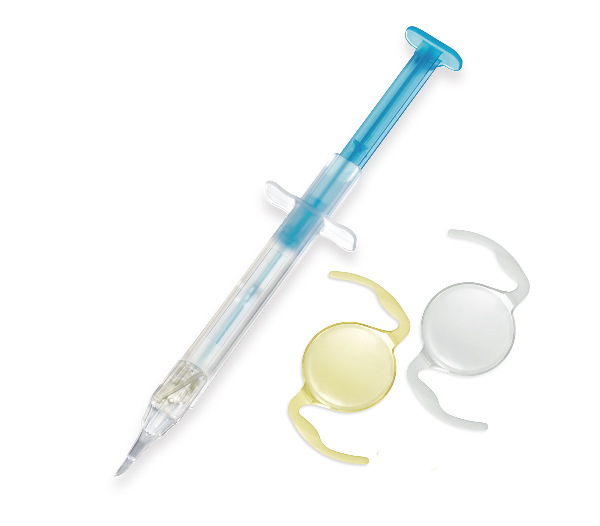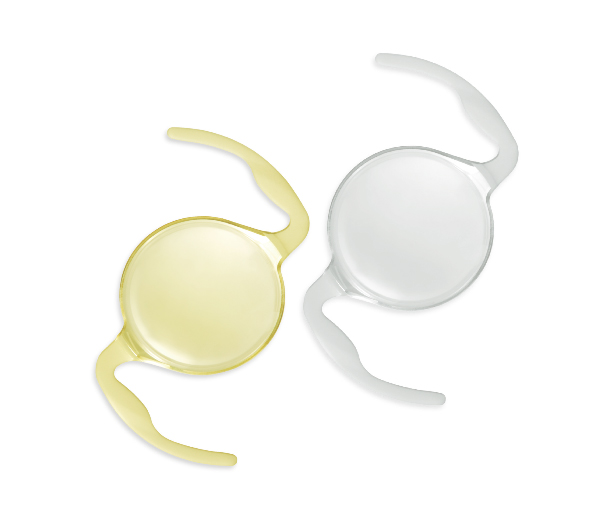Preloaded Toric IOL Injection System
NP-T
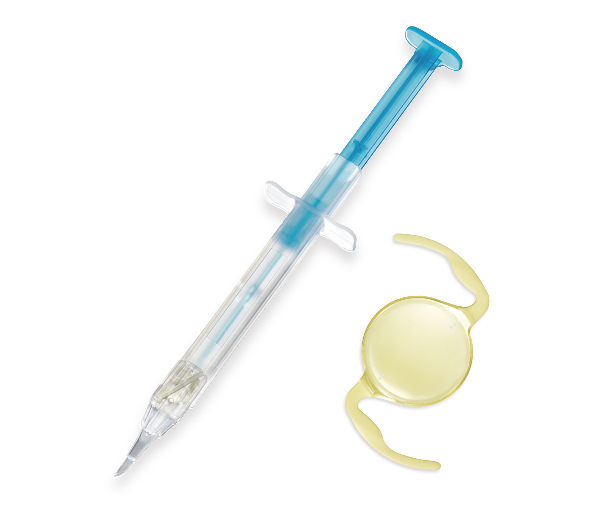
Features
- Excellent rotational stability
- Smooth injection
- Simple two-step operation
- Lower power IOLs available
Detailed Information
Reliable intracapsular fixation to achieve stable outcomes
Excellent rotational stability
Average absolute rotation is remarkably stable at 2.1°±1.7° from 1 hour to 6 months postoperatively.*
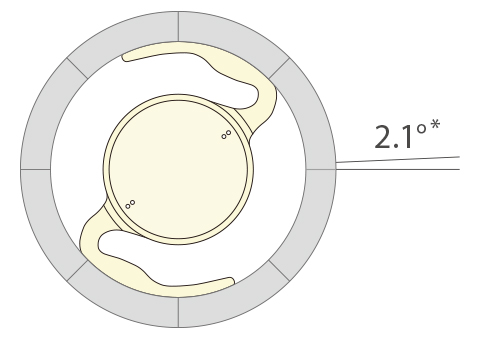 |
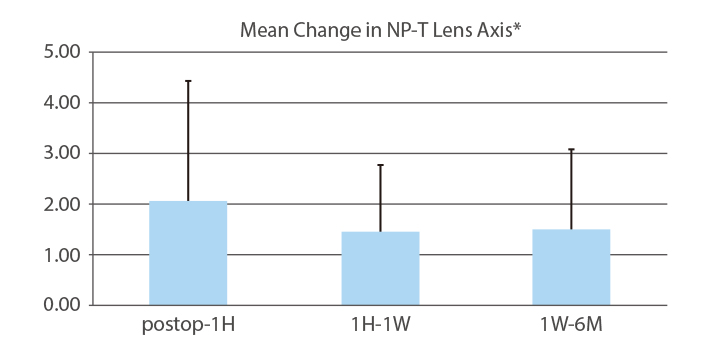 |
*Data on file
Lens design for the remarkable intracapsular stability
-Wide contact area
An extremely wide contact area between the long haptics and the capsule enhances stability within the capsular bag.

-90° haptic design
The 90° haptic design maintains lens position and prevents rotation by evenly distributing the intra and extra-capsular pressure from capsular contraction or other postoperative changes.
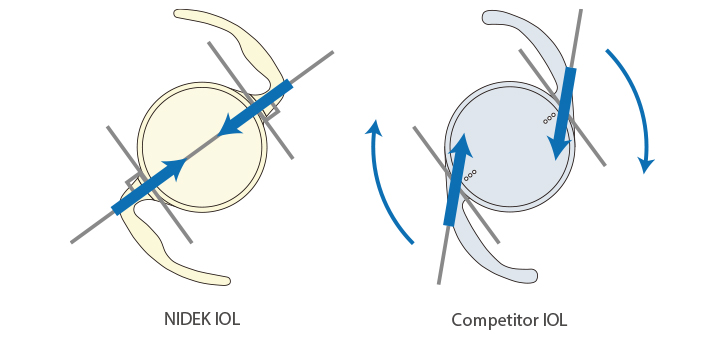
-Asperitic side surface
The sides of the haptics are mildly abraded to increase frictional resistance in the bag for preventing rotation.
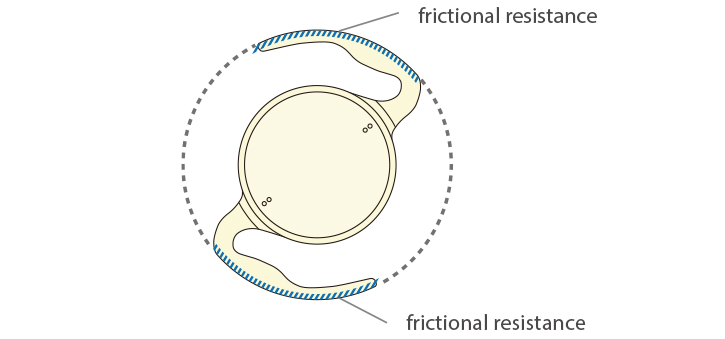
Superior operability for enhanced surgical workflow
Smooth injection
The dual silicone ring on the plunger ensures optimal and constant resistance for performing a smooth injection. It minimizes sudden changes in resistance, allowing stable, consistent and safe IOL delivery.
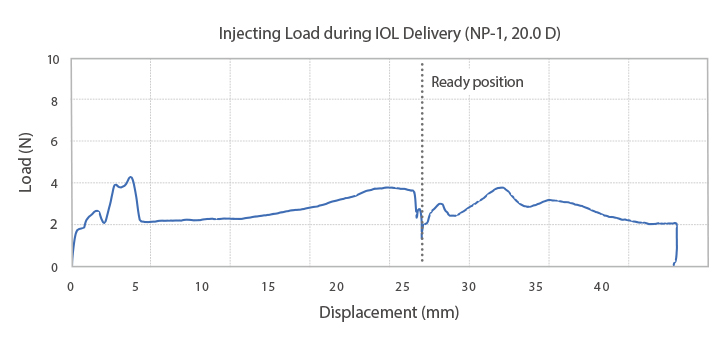 |
Simple two-step operation
The NP-T allows quick and easy operation using a simple two-step process. First, OVD is filled in the injector, and then the plunger is depressed (as one-handed operation, if desired). This fully-preloaded system eliminates loading the IOL in the cartridge by the surgeon.
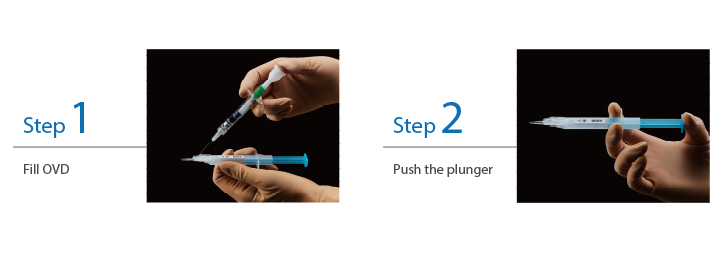
Lower power IOLs and toric lenses with the same gear
The NP-T, NP-1 and NP-1C are available in a wide range of powers from 1.0 to 30.0 D*, and they can all be delivered with the same system and the same technique.
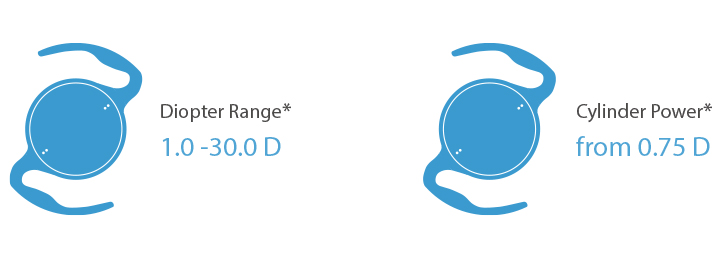
*The available model and diopter range of NP-T differ from country to country.
Small incision – 2.2 mm
The NP-T can be implanted using a 2.2 mm incision at the corneoscleral junction, or a 2.4 mm clear corneal incision.
Excellent astigmatism correction
Enhanced astigmatism correction
The NP-T provides excellent functional vision by correcting astigmatism during cataract surgery. In 98% of cases, sphere-corrected visual acuity was greater than or equal to 0.1 logMAR at 12 months postoperatively.*
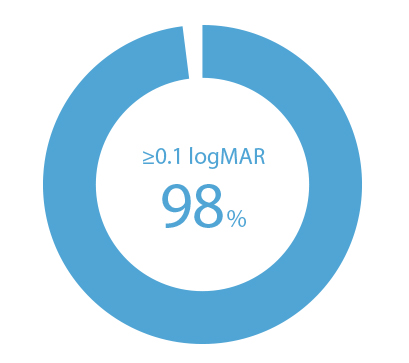
*Source: Sugita, I., Ogawa, T., Ichikawa, K. et al. Rotational stability and clinical outcomes of a new one piece toric intraocular lens with anchor-wing haptics. BMC Ophthalmol 22, 26 (2022). https://doi.org/10.1186/s12886-021-02240-7
Lens unfolding for easy axis alignment
The NP-T is less affected by temperature and unfolds more gradually than the NP-1 to facilitate axis alignment.
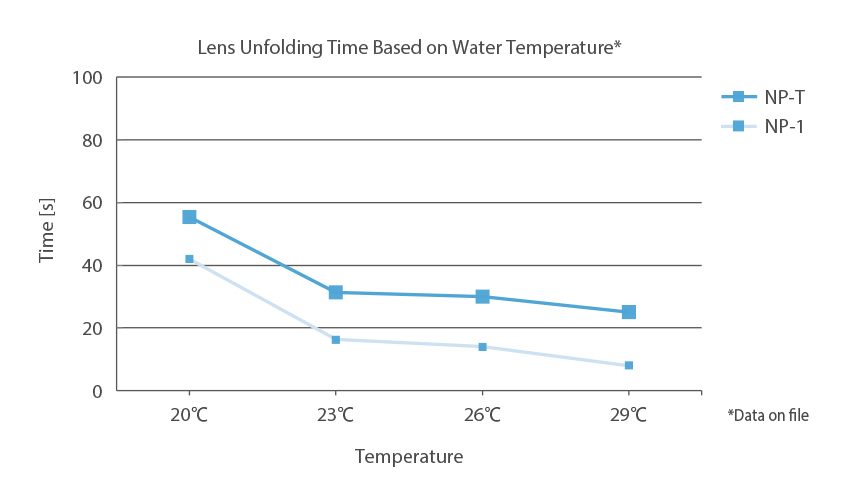
NIDEK Toric IOL Calculator
| NIDEK Toric IOL Calculator provides precise IOL calculations for maximizing surgical outcomes. A nomogram incorporating posterior corneal astigmatism, enhances postoperative outcomes.
NIDEK Toric IOL Calculator |
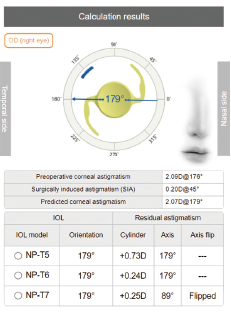 |
Postoperative complication control with optimized lens design
Prevention of PCO
True 360° sharp square edge effectively prevents posterior capsule opacification (PCO). Steps on the back of optic-haptic junctions prevent migration of lens epithelial cells (LECs).

Long-term material stability
Double-polymerization and elimination of unreacted monomers during the lens manufacturing process decreases the chances of glistening and whitening.

Minimizing dysphotopsia
| Asperitic optic side surface reduces intraocular reflection and optic edge glare. | 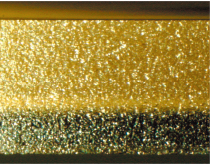
Optic side surface |
Quick and smooth unfolding
| A slightly rough haptic surface reduces adherence to the optic surface during lens folding, allowing for quick and smooth unfolding after lens delivery. | 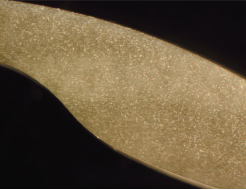
Haptic surface |
Tinting and spherical aberration for clear, natural vision
An aspheric design and yellow tinting simulate the physiologic conditions of a young, adult crystalline lens, achieving clear, natural vision for all viewing conditions.
Downloads
Related Products
NOTE
The availability of products differs from country to country depending on the status of approval.
Specifications and design are subject to change without notice.




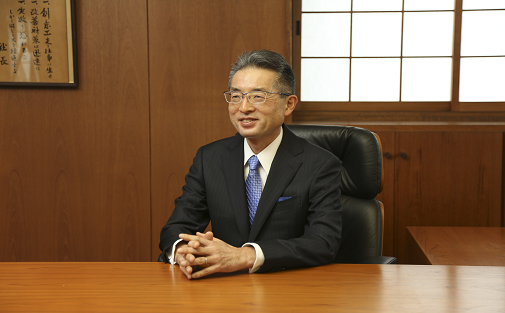
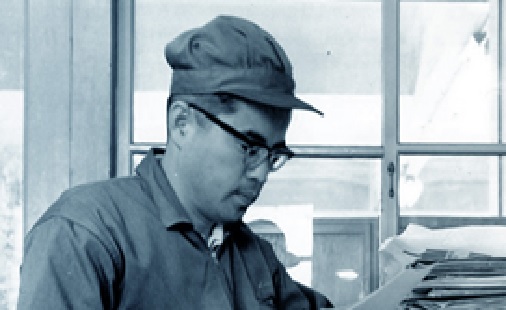

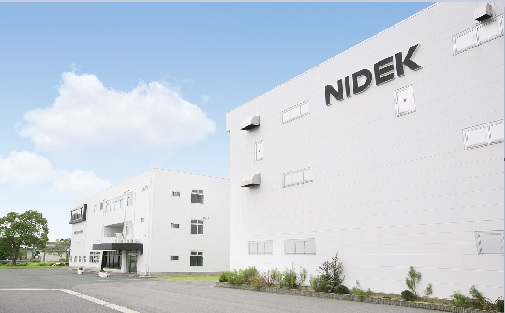
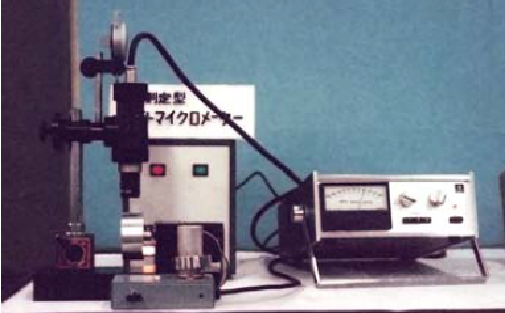
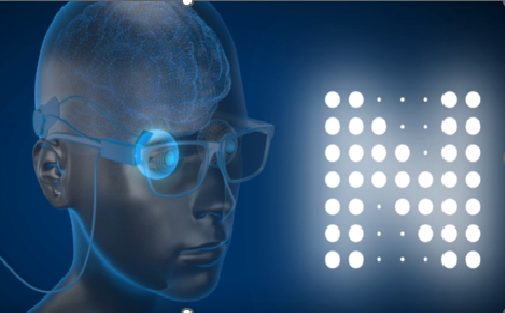

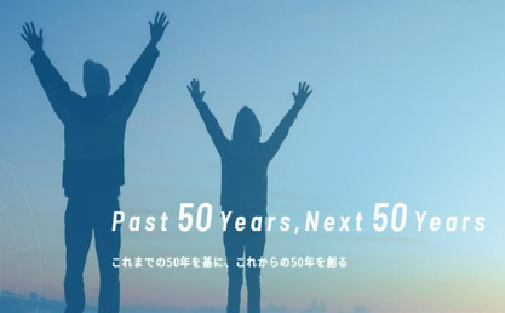

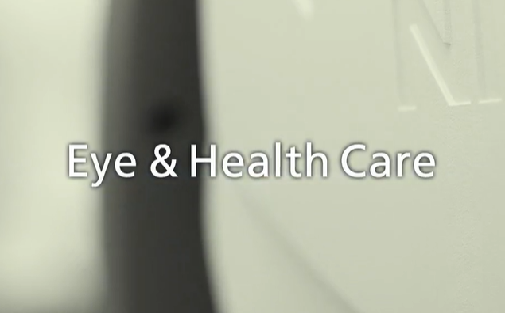
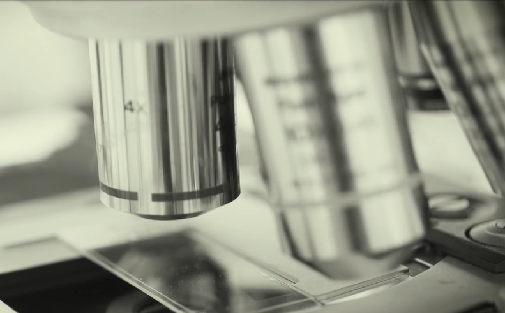

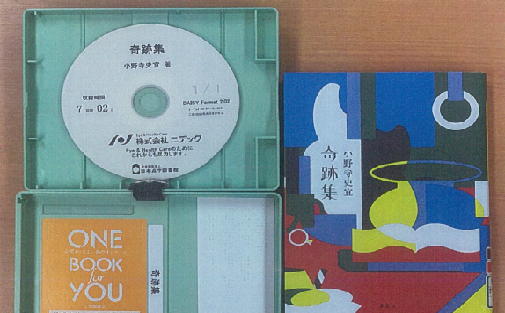

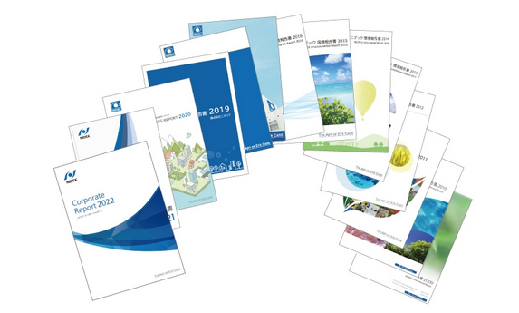
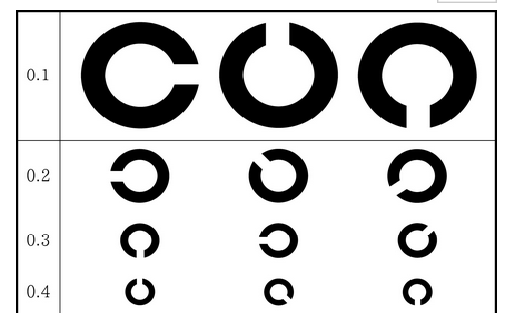




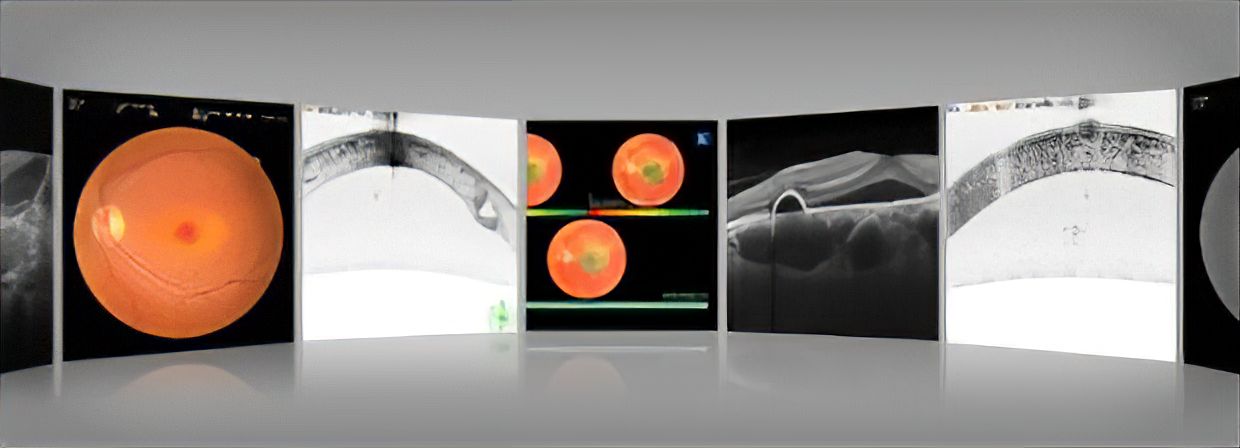
 TOP
TOP
